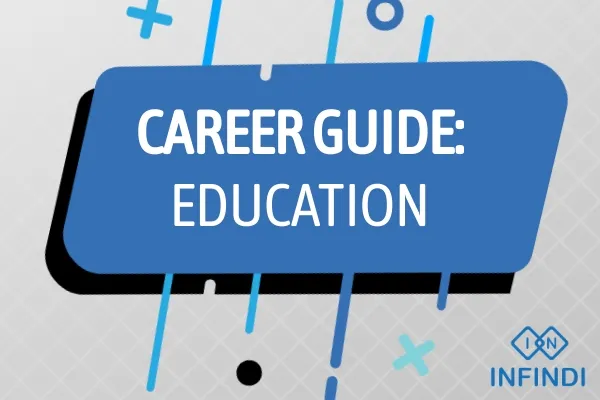For those with a passion for imparting knowledge and fostering growth, careers in education offer a rewarding and impactful path. Whether you’re an experienced educator or someone exploring entry-level opportunities, understanding the intricacies of jobs in education is essential. This article aims to provide a comprehensive guide to education jobs, addressing duties, salary expectations, job descriptions, skills, qualifications, education and training requirements, experience prerequisites, frequently asked questions, and daily tasks.
1. Duties and Responsibilities
Educators play a crucial role in shaping the minds of students and contributing to their academic and personal development. Common duties and responsibilities include:
- Lesson Planning: Creating engaging and informative lesson plans.
- Instruction: Delivering lessons and facilitating classroom discussions.
- Assessment: Evaluating student performance through tests, assignments, and examinations.
- Mentorship: Providing guidance and support to students.
- Curriculum Development: Contributing to the development and improvement of educational programs.
2. Salary Expectations
The salary for jobs in education varies based on factors such as experience, level of education, and the institution. Entry-level positions may start at around $40,000 annually, while experienced educators in leadership or specialized roles can earn well over $80,000. Industries like primary and secondary education, higher education, and educational administration tend to offer competitive salaries.
3. Possible Job Descriptions
Education roles encompass various positions, each contributing to the educational landscape in different ways:
- Teacher: Educating students in specific subjects and grade levels.
- Professor: Instructing and conducting research at the college or university level.
- Educational Administrator: Overseeing school or institutional operations.
- Guidance Counselor: Providing academic and personal guidance to students.
- Curriculum Specialist: Developing and enhancing educational curricula.
4. Skills and Qualifications
Successful educators possess a combination of teaching skills, interpersonal abilities, and a commitment to student success. Key skills include:
- Communication: Effectively conveying information to students and colleagues.
- Patience: Navigating diverse student needs and learning styles.
- Adaptability: Adjusting teaching methods to cater to individual student requirements.
- Passion for Learning: Demonstrating enthusiasm for the subject matter and fostering a love of learning.
- Organization: Managing classroom activities, assignments, and assessments.
5. Education and Training Requirements
While formal education is essential for education jobs, the level of education required can vary. Most positions require at least a bachelor’s degree in education or a related field. Advanced degrees, such as a master’s or a doctorate, can enhance career prospects, especially for leadership or research-oriented roles.
6. Experience Requirements
Entry into education jobs typically involves gaining practical experience through student teaching or internships. Advancement to leadership roles or specialized positions often requires several years of teaching experience and a proven track record of student success.
7. Frequently Asked Questions
Q: How is technology impacting education jobs?
A: Technology has transformed education with tools for online learning, interactive lessons, and digital resources, providing new opportunities for both educators and students.
Q: What is the role of professional development in education careers?
A: Continuous professional development is crucial for staying updated on teaching methodologies, educational trends, and best practices, enhancing the effectiveness of educators.
Q: Are there opportunities for specialization in education jobs?
A: Yes, educators can specialize in areas such as special education, language instruction, STEM (science, technology, engineering, and mathematics), or educational leadership.
8. Daily Tasks and To-Do Lists
The daily tasks of an educator can vary based on their specific role and grade level, but a typical to-do list may include:
- Planning and delivering lessons.
- Grading assignments and providing feedback.
- Conducting parent-teacher conferences.
- Collaborating with colleagues on curriculum development.
- Participating in professional development activities.
In conclusion, a career in education offers a fulfilling and impactful journey for individuals passionate about nurturing minds and shaping futures. Whether you’re entering the field of education or aiming for advancement, understanding the duties, qualifications, and daily tasks associated with education jobs will set you on the path to success. Explore opportunities, inspire learning, and embark on a fulfilling career in the dynamic world of education.

